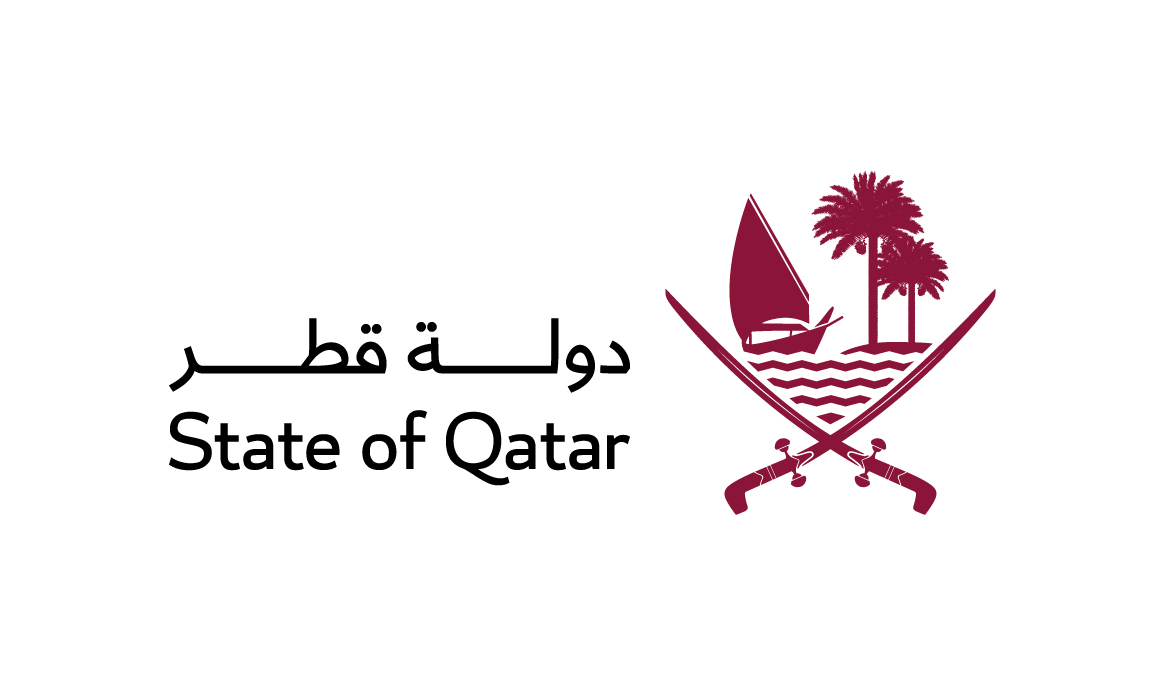ID :
643292
Thu, 10/06/2022 - 10:12
Auther :
Shortlink :
https://www.oananews.org//node/643292
The shortlink copeid
Qatar Participates in Meeting of Middle East and North Africa on Digital Governance

Rome, October 06 (QNA) - The State of Qatar, represented by the Ministry of Communications and Information Technology, is participating in the meeting of the Working Group of the Middle East and North Africa Region and the Organization for Economic Cooperation and Development (MENA-OECD), currently underway in the Italian capital, Rome.
The delegation of the State of Qatar is headed by Mashael Ali Al Hammadi, who is in charge of the tasks of the Assistant Undersecretary for Information Technology Affairs at the Ministry of Communications and Information Technology.
The meeting aims to discuss the governance program in the Middle East and North Africa region and the Organization for Economic Co-operation and Development and in the Organization's Committee on Public Governance, as well as showing standards that governments can set, to be more open, digital and innovative in a way that contributes to promoting greater participation of citizens and stakeholders in the region.
Speakers from the Middle East and North Africa region, and members of the Organization for Economic Cooperation and Development with outstanding good practices in this field, are participating in this event in which, the topics presented focus on the advantages and challenges of benefiting from digital tools and data and maximizing innovation to enhance opportunities for communication with citizens, in order to participate in ideas' sources and in finding solutions to collective challenges.
During her participation in a symposium Al Hammadi said on the sidelines of a ceremony held under the auspices of the German Agency for International Cooperation (GIZ) that the State of Qatar is witnessing a major upward transformation in the field of digitization, which has enabled it to gain a prestigious position in the global digital society.
She pointed out that digital governance in Qatar officially began in 2013 when the Qatar Digital Government Steering Committee was formed to oversee the information and communications technology sector. The efforts of the Steering Committee led to the development of the Qatar Digital Government 2020 strategy, which included the creation of government structures to direct programs and projects towards achieving the Qatar Digital Government 2020 strategy, and focused primarily on serving individuals and companies better, creating efficiency in government administration, and increasing government openness.
Al Hammadi added that Qatar Digital Government is currently working at an accelerated pace to prepare the new Qatar Digital Government 2026 strategy with a governance model that addresses most of the challenges faced before, to enable the strategy to obtain the correct vision, accountability, oversight and support required for successful implementation, in line with Qatar National Vision 2030.
She explained that the current goal focuses on transforming the provision of government services into services that focus on beneficiaries and customers, and are compatible with their real needs by focusing on the participation of beneficiaries, while working on the use of digitalization as a means to improve work, help make better decisions, and increase efficiency that supports the establishment of a government that depends on data, and transformation of Qatar’s public sector's culture towards excellence and innovation by ensuring the effectiveness of policies that facilitate cultural change.
Qatar's participation in the meeting of the Middle East and North Africa Working Group and the Organization for Economic Cooperation and Development comes with the aim of enhancing the role of the state in international forums and topics related to open digital and innovative governance, to know the level of maturity of the countries of the Middle East and North Africa in the selected topics, due to their importance in evaluating and improving indicators for the digital government of the United Nations and affiliated organizations.
The working group meeting is considered one of the most multilateral initiatives, as it contributes to helping governments implement public sector reforms with a view to launching social and economic development, meeting citizens’ expectations in terms of quality of services, comprehensive policymaking and transparency, improving existing practices and initiatives, and encouraging innovative approaches. (QNA)





